A recent post by a Japanese programmer about one persistent difficulty haunting developers over the decades has gone viral. Commenters shared their own recollections of dealing with finite memory when making games, as well as questioning why this issue keeps occurring no matter how much time passes.
The 1970s: “Not enough memory.”
The 1980s: “Not enough memory.”
The 1990s: “Not enough memory.”
The 2000s: “Not enough memory.”
The 2010s: “Not enough memory.”
The 2020s: “Not enough memory.”
The tone of the post may have been humorous, but it seems to have resonated with many fellow developers. In agreeing with the original poster, some users added that the same could be said for processing speed, and the struggle to make the game run as well as you had envisioned.

A couple of commenters stated that this memory issue reminded them of Parkinson’s Laws. Parkinson’s 1st Law is the concept that work expands to fill the time allotted for its completion. For example, if you are given two weeks to write a one-page report, you will probably spend a lot more time thinking about it and procrastinating than you would with a 1-day deadline. The 2nd law states that expenses will always increase in proportion to income growth. Similarly, game development tends to expand to the limits of the memory available.
Others highlighted how, although the lack of memory has remained a problem for developers over the years, the circumstances have changed dramatically.
The memory shortage in modern games has resulted from demands for expression becoming too high (High spec PC versions have become the benchmark, so content must be richer).
Even though the problem of memory shortage is the same, the situation has changed.
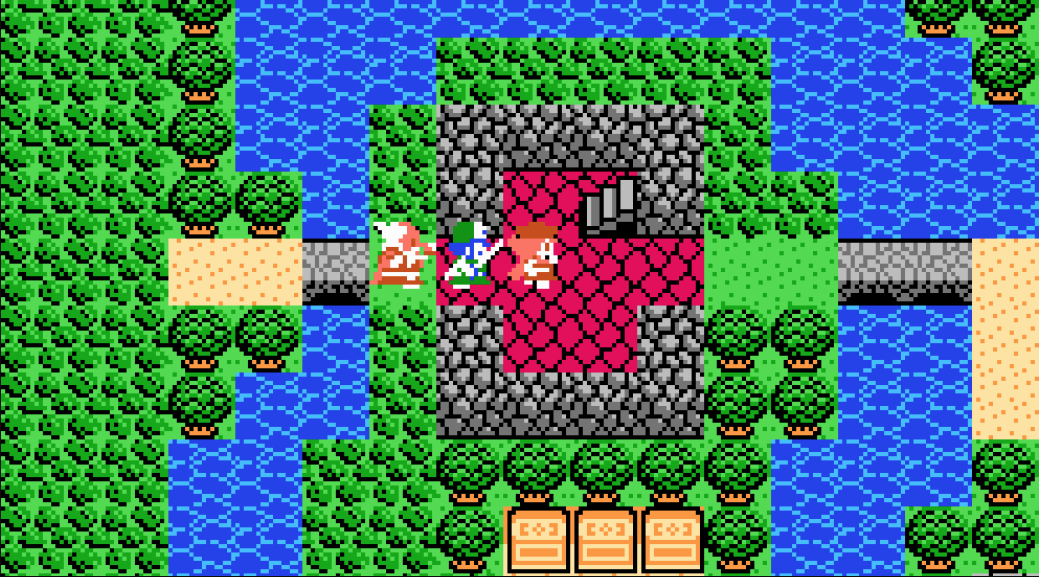
In the 1980s and 1990s, arcade games were often ported to multiple platforms with very different specs and memory allocation, leading to stark differences in what could be achieved. This can be seen, for example with the PlayStation 1 port of X-men vs. Street Fighter, on which the tag team mode only let you use 1 character per round due to the console’s memory limitations. In contrast, the Dreamcast version of Soulcalibur could add improved graphics and extra content over its arcade forebearer.
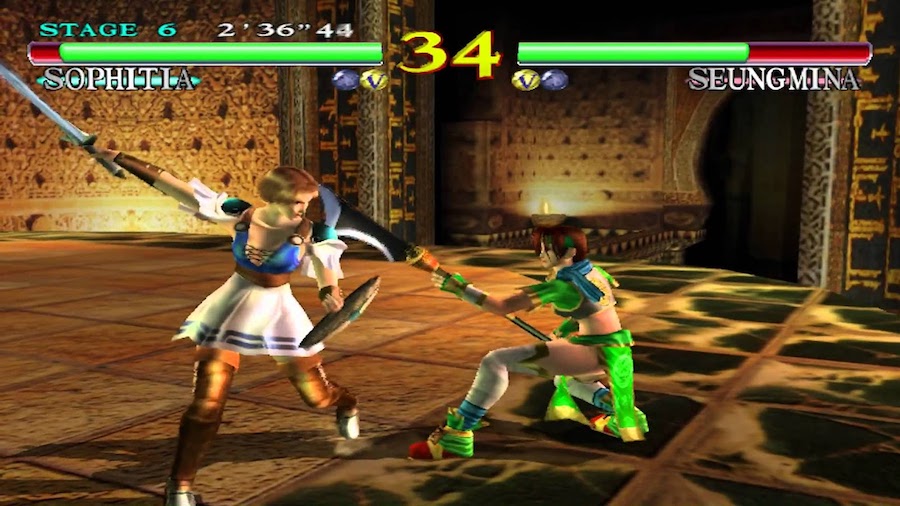
Game development accounts and interviews often touch on the hurdles they had to overcome regarding memory limitations and the solutions they came up with. For example, in this in-depth video interview with Andy Gavin, one of the key creators behind the early PlayStation 1 hit Crash Bandicoot, he explains the clever hack he came up with to deal with the console’s memory limitations and get the game to run.
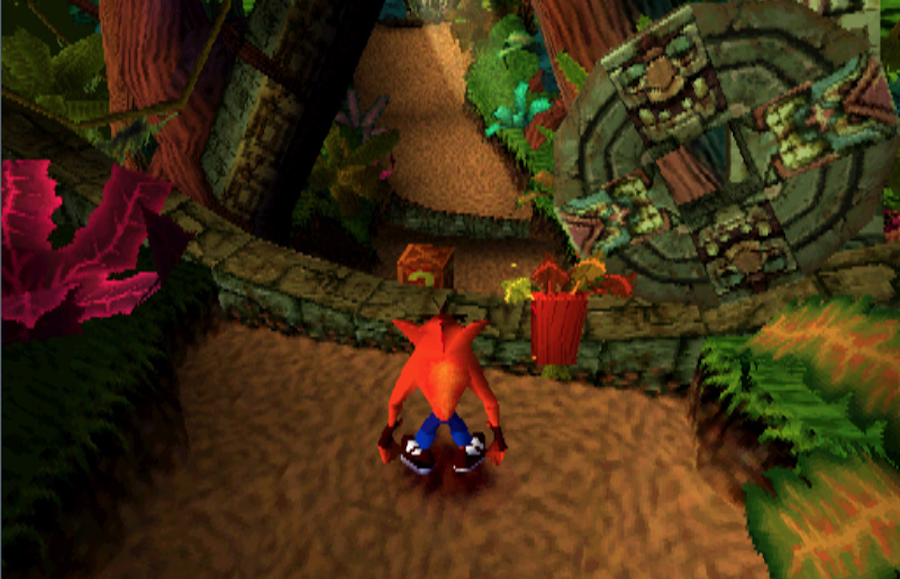
In more recent times, memory problems for console and PC developers often center around not having enough memory to make something at the scale and quality level that they envisioned. Back in 2017, CD Projekt Red’s explained how they had to deal with a 700-megabyte limit when designing the city of Beauclair for The Witcher 3’s Blood and Wine expansion.

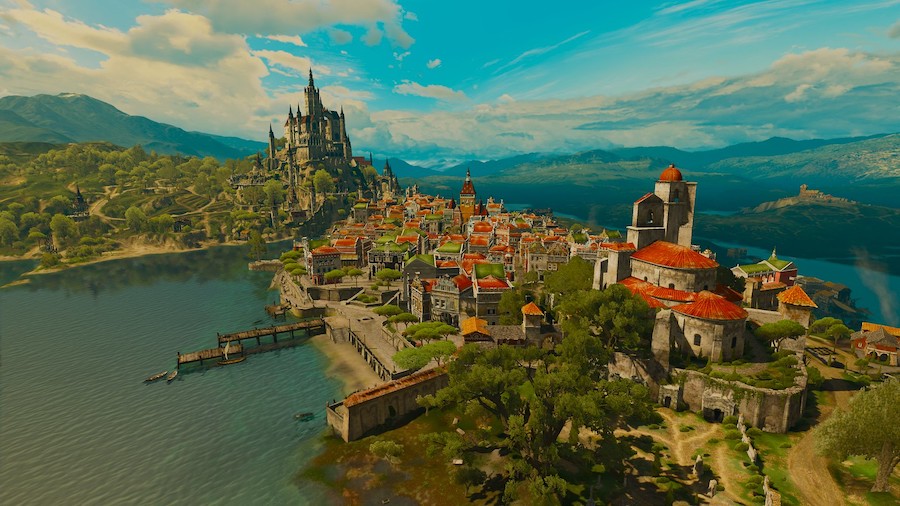


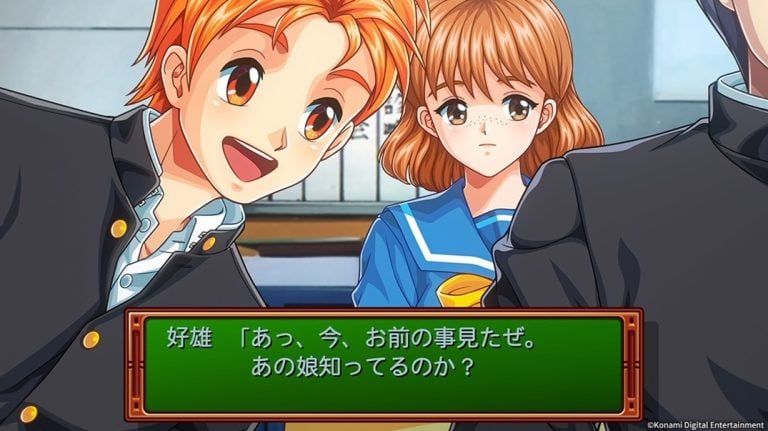
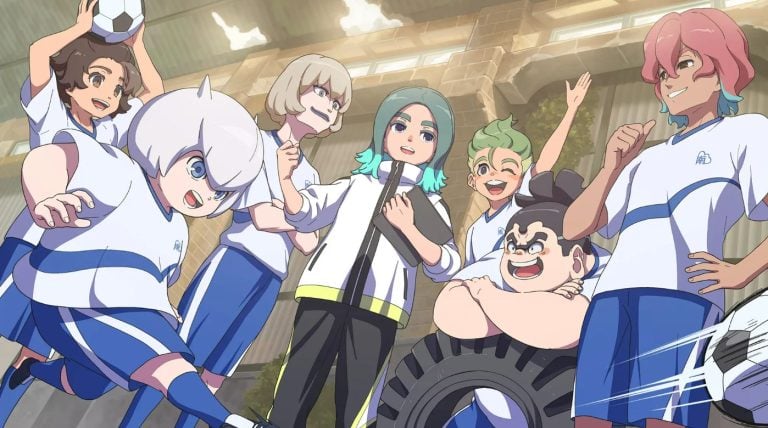
Oh this interesting article takes me back. Crash Bandicoot was the the first computer game I ever played!